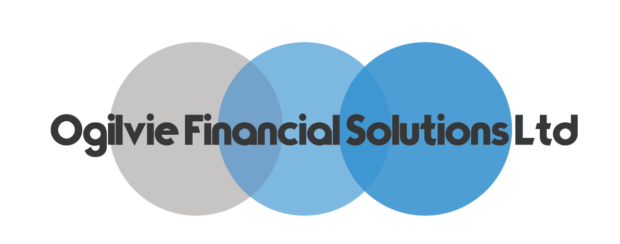No-one enjoys planning for the possibility of their health and…

6 Insurance Myths – Busted!
6 Insurance Myths – Busted!
Like any industry, there are some persistent myths and misunderstandings around insurance. We are absolutely passionate about what we offer as advisers, and the products that we select for our clients, so we’d like to clear up some common misconceptions.
Myth # 1: Insurance firms don’t pay out
The idea that insurance firms are trying to get out of paying claims is the biggest, baddest myth of them all. It seems to stick around, despite overwhelming evidence to the contrary.
Insurance firms do pay out, and the insurance providers we work with will pay 100% of legitimate claims.
If this is the case then, why do providers not pay out on all claims? Why is there a percentage that are rejected? The key word is legitimate – insurance providers must record all claims made and some will not be covered. The main examples are people trying to claim something that their policy doesn’t cover – either deliberately or through misunderstanding.
We are also guilty of contributing to these statistics. If you are unable to work and have income protection, we may advise you to start processing your claim before the stand-down dictated in your policy. However by the time that stand down has passed, it may have turned out that you are actually ready to return to work. That’s no problem for anyone involved, but statistically this will be categorised as a ‘declined’ claim.
These days there are multiple protections in place for consumers, and insurance is a very transparent industry. One of our insurance providers, Partners Life, even say “If it is grey, we will pay”. We often have the insurance providers give us tips on how to progress a claim so that it will be paid.
Myth # 2: I can’t afford insurance
When finances are tight it can feel like insurance is just another expense. However, what you really need to consider is if you can afford to not have insurance. Ask yourself, if you lost your ability to earn an income, how quickly would you be in trouble? How long would you be able to pay your mortgage?
One of the key advantages of using an insurance adviser is that we can work with you, and your budget, to get you the cover you need the most. Contact Peter here for a no obligation meeting about what insurance you really need.
Myth # 3: If you don’t have an income you don’t need insurance
A common scenario we see is the main income earner has income protection and a non-earning spouse does not. While society sadly undervalues unpaid work, it contributes enormously to a household in different ways. The very real financial ramifications of a non-working spouse being taken out of action is something that should be considered.
Myth # 4: I am too healthy to need health insurance
Health insurance can seem unnecessary when you are young, fit, healthy and in the prime of your life.
We have two words for you: Pre-existing conditions. When you take out a new policy the provider will generally not cover you for something you already have. This could be conditions like skin cancers, a heart problem or diabetes. If you take out health insurance when you are in the best shape of your life your premiums will be relatively low. But, more importantly, when things do start to deteriorate you will be covered for them.
Myth # 5: You don’t need health insurance in New Zealand
This can be a tricky topic, and we are really lucky to have the healthcare system that we do in New Zealand.
However, we still believe you are better off with health insurance. The changing nature of our demographics indicates a significant future strain on our public health service. We’ve written more about it here. And, as we mentioned in Myth 4, covering yourself before you have problems sets you up for better coverage in the long term.
Myth # 6: It is easier to have insurance with my bank
All insurance is not created equal, and we are very cautious of policies offered by (and, at times, pushed by) banks. The policies offered by banks often fall short of the standards we expect from the providers we recommend to our clients. This includes non-standard exclusions in the fine print, a lack of transparency, a rushed application and disclosure process, and the sub-standard definitions of covered conditions, making them harder to claim on.
As an insurance adviser I want the best for my clients. I know insurance inside and out. If there is any aspect of personal insurance that you have questions about, get in touch today.



